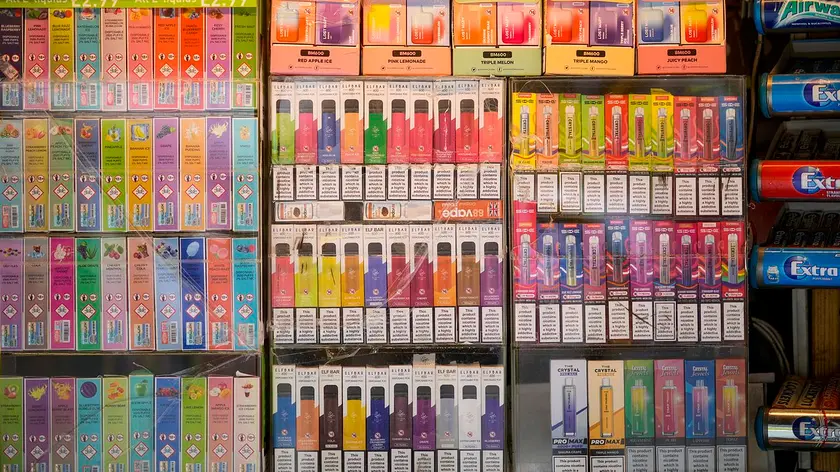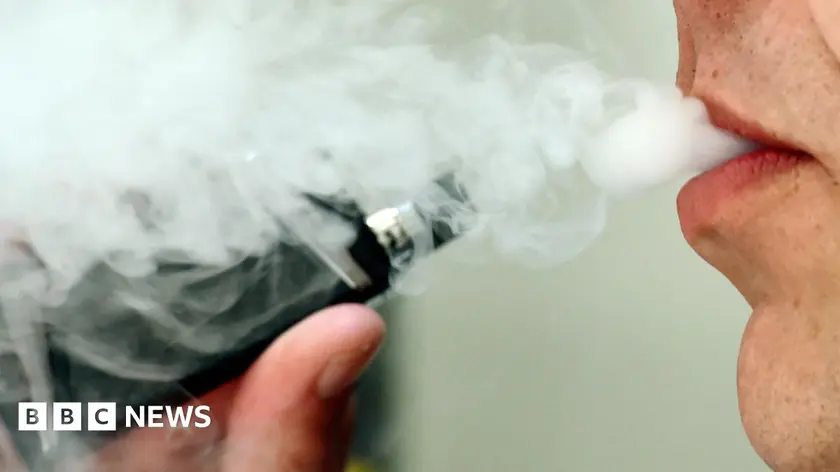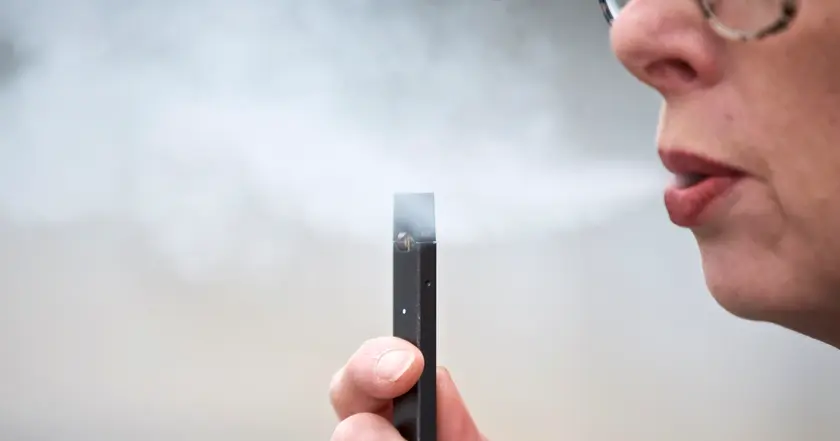T4K3.news
Health risk from youth vaping prompts policy review
Global study links teen vaping to higher risk of later smoking and health issues, fueling regulatory discussion.

A global study links teen vaping to greater chances of later smoking and a range of health issues, fueling policy debate.
Vaping linked to higher teen smoking and health risks sparks policy scrutiny
A global review of youth vaping finds more than a third of 16 to 18 year olds now use e cigarettes regularly, up from under 10 percent a decade ago. The study pools 56 reviews covering 384 youth vaping studies and shows that teens who vape are more likely to smoke later, smoke more intensely, and report respiratory problems. It also notes links to asthma, pneumonia and headaches, while acknowledging that most data are observational and do not prove vaping causes smoking. Still, the authors say the consistent associations point toward a potential gateway effect that warrants stronger public health measures.
The report arrives as regulators tighten rules around vaping products in various countries. The World Health Organization has described the evidence as complex and cautioned that vaping should not be treated as a simple smoking cessation tool. Some researchers caution against drawing causal conclusions from observational studies and warn against overstating the gateway idea. The paper underscores the ongoing policy debate about how to balance youth protection with evidence, access, and adult quitting options.
Key Takeaways
"The consistency in the evidence is striking"
Dr Su Golder of the University of York comments on the overall pattern across studies
"Marketing vapes to children is always unacceptable"
Dr Greg Hartwell of LSHTM on why tighter controls are needed
"Vaping is having a detrimental impact on the health of young people globally and vaping appears to be a gateway to other substances"
Dr Rebecca Glover of LSHTM on the study’s implications
"This review shows exactly why further restrictions on the tobacco industry are so important"
Dr Hartwell on policy implications
The findings come at a political moment when governments are deciding how tightly to regulate flavors, marketing and age verification for vapes. If the teen smoking risk holds, policymakers may feel pressure to expand restrictions and improve enforcement, even as critics warn such moves could hamper adult cessation efforts. The debate will test the line between precaution and overreach, and it could influence how the tobacco and vaping industries respond to regulation.
Editors should watch for evolving research that clarifies causality and better codifies which policy tools truly reduce youth uptake. In the meantime, a cautious approach that strengthens kid protection while preserving credible quit options for adults could best serve public health and public trust.
Highlights
- Teens deserve warning signs not glossy ads
- Facts show a link but not a simple cause and effect
- Public health cannot pretend this is harmless
- Policy must ride the edge of science and precaution
Health policy under youth vaping scrutiny
The study touches on sensitive policy areas including health messaging, regulation, and potential political backlash. While it highlights consistent associations, it notes that causality is not proven and that observational data carry limits. Policymakers face pressure to act, which could trigger debates over budgets, industry impact, and public reaction.
The policy debate will keep evolving as new evidence emerges
Enjoyed this? Let your friends know!
Related News

Vaping Linked to Higher Health Risks Among Youth Prompts Action

Teen vaping linked to higher smoking risk

Juul can continue to sell e-cigarettes after FDA approval

Florida tightens kratom rules now

Prenatal acetaminophen linked to higher autism ADHD risk

Tobacco marketing in the metaverse raises youth health risks

Mother fights to save her daughter from mental illness

Vaping safety concerns emerge after oil buildup in lungs
